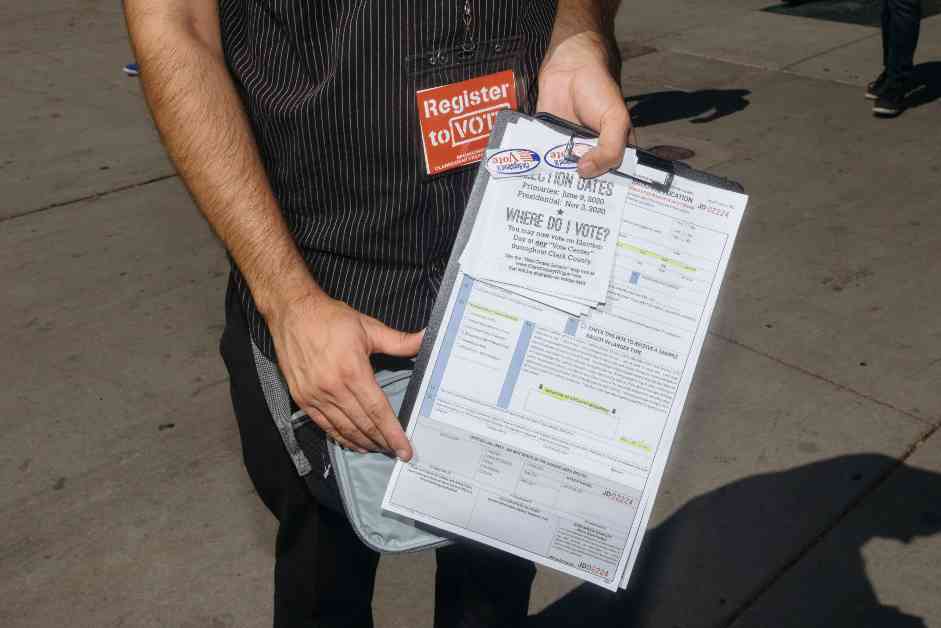In recent months, two lawsuits have been filed in Nevada alleging that commercial addresses were improperly included in voter registrations. The lawsuits were filed by the Public Interest Legal Foundation, a conservative law firm focused on election integrity, in Clark and Washoe counties. The plaintiff in both cases is Fred Kraus, a former Venetian executive who was involved in former President Donald Trump’s campaign in 2020.
It is important to note that including a commercial address on a voter’s registration does not automatically indicate fraud. Nevada state law requires individuals to designate a residential address when registering to vote. This address must be where the individual resides and cannot be a business address or P.O. Box. If a person does not have a traditional street address, they can provide a description of their residence’s location, such as the four street corners where they are typically located.
Additionally, individuals do not lose their Nevada residence status if they are in the military, a student, or incarcerated. Voters can also designate a separate mailing address where mail-in ballots will be sent. This address can be a P.O. Box, business location, or out-of-state address, like a college residence.
There are circumstances in which a person may legitimately live at a commercial address, such as a homeless shelter, personal business, or religious convent. However, if there are concerns about fraudulent voter registration, Nevada law provides a process for investigation. Reports of fraudulent voter registration can be submitted to the secretary of state’s office, triggering an investigation by the county clerk and district attorney.
If probable cause is found to believe that a voter’s identity or residence is fraudulent, the voter will be notified and given an opportunity to provide evidence of their identity and residency. Failure to provide sufficient proof within 15 days can result in the cancellation of the voter’s registration. In cases where there is not enough time to complete the investigation before an election, an affidavit of cancellation will be issued, and the voter must provide photo identification and proof of residency before being allowed to vote.
It is worth noting that the vast majority of election fraud complaints are ultimately found to be unsubstantiated, according to an official from the secretary of state’s office. This highlights the importance of following the established process for investigating allegations of voter registration fraud to ensure the integrity of the electoral system.



